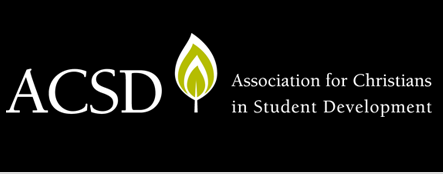Home > Other Collections > ACSD > Growth > No. 5 (2005)
Abstract
A model using moral judgment and cultural ideology (political and religious ideology) for predicting moral thinking about critical social and political issues, developed by Narvaez, Getz, Rest, and Thoma (1999), was assessed for utility with students at evangelical Christian liberal arts colleges. Freshmen (N = 199) and seniors (N = 230) from 2 evangelical Christian liberal arts colleges participated, completing the Defining Issues Test 2, Inventory of Religious Belief, and Attitudes Toward Human Rights Inventory. The regression model predicted a significant amount of variance for the students in this study; however, the R2 value (.22) was much smaller than in Narvaez et al. (.67). The conclusions from the study were that the model could be used to predict moral thinking for students at these colleges, even though the amount of variance explained by the model was fairly low. Also, the model does not have good statistical fit for students a
Recommended Citation
Hayes, Michael A.
(2005)
"Evaluating a Moral Thinking Assessment Model for Evangelical Christian Liberal Arts Colleges,"
Growth: The Journal of the Association for Christians in Student Development: Vol. 5:
No.
5, Article 5.
Available at:
https://pillars.taylor.edu/acsd_growth/vol5/iss5/5
Included in
Educational Assessment, Evaluation, and Research Commons, Educational Leadership Commons, Higher Education Commons, Higher Education Administration Commons, Teacher Education and Professional Development Commons

